My article about classrooms without borders and interculturalism featured the week on the British Council! It discusses introducing different cultures to your classroom, along with some practical examples. Read the article below.
Can we really spin the globe and jump in into the unknown in our classroom? Or has the administrative part of our job won and silenced our creativity?
Interculturalism and classrooms without borders are common research topics, but it is hard to introduce different cultures into the regular curriculum in many instances. For example, in our country, primary school children have approximately two English lessons per week, and we don’t have public English preschools.
Naturally, primary school English teachers are worried that they may miss a critical outcome from the core curriculum. Preschool teachers often think that preschool children are not mature enough to be immersed in different cultures. Many educators relate interculturalism with developing a thematical lesson that usually revolves around the idea of a holiday. This is not true – culture is all around us, and holidays are just one little cultural aspect that people notice. Being a bilingual preschool teacher and an online ESL teacher for children, teens, and adults, I have many opportunities to introduce different cultures into my lessons.
I will share examples of cultural immersion for different ages and different groups of students:
2nd, 3rd, 4th grade
While completing my National Geographic Certification, I developed a thematic unit that dealt with ocean and river pollution. We started from the global perspective of ocean pollution, and then we narrowed down our perspective to river pollution. We used guided brainstorming to conclude that many rivers flow through many countries. In our case, that was the Danube. Another example was the Nile. In the last lesson of the thematic unit, I organized a live video chat on Zoom. My online students from Egypt joined our lesson.
The children had the opportunity to hear about pollution in the Nile from actual Egyptians. We discussed the processes of recycling and the attitudes the Egyptian and Serbian people had about pollution and waste disposal. We reached the same conclusions – we must decrease the amount of waste in our schools, no matter where we live. The chat also developed a deeper understanding of the river Nile. We found out what it meant to agriculture and survival in Ancient Egypt and modern Egypt.
Adult ESL students
My online student from Italy loves traveling! He is in love with Turkey, mosques, and traditional Turkish food. On the other hand, I have a few Turkish students as well. So I organized joint lessons where the student from Italy listened to Turkish culture, watched authentic photos and videos in Turkish. We even learned how to brew Turkish coffee. The students from Turkey were extremely motivated, and they gave us a tour of their homes. They also showed us many traditional objects they still use. Their English level was lower, so the student from Italy was the initiator of the conversation, and the Turkish students benefited greatly from such a lesson.
Preschool level
After completing activities about food travel miles, we visited a local market. We shopped for our lunch following the zero-waste rules (no plastic bags and no plastic of any kind). After that, we cooked a simple meal together and wrote down the recipe. We shared the recipe with students from Thailand over Skype, and in return, they took us to a night market, which we do not have in our country. They showed us Thai street food, and being on such a market live was otherworldly.
I hope you understand after these examples how easy it is to introduce culture in your daily curriculum. When it comes to language acquisition, rest assured, your students are learning, even if they do not have tons of worksheets in front of them. New vocabulary will be introduced through an authentic conversation. You can always supplement it with speaking prompts and flashcards if you wish.
You do not have to be an online ESL teacher at all! The Internet is not your enemy, so embrace it and connect your classroom to other classrooms in different countries. The classrooms should not have borders, and you are the only person who can decide where your adventure ends. (If you want to become pen pals or connect your classrooms, you can post in many teacher groups on Facebook or join Microsoft for Education and connect your classroom through Skype in the Classroom page.) Skype in the Classroom
This article is originally published on British Council Teaching English website.
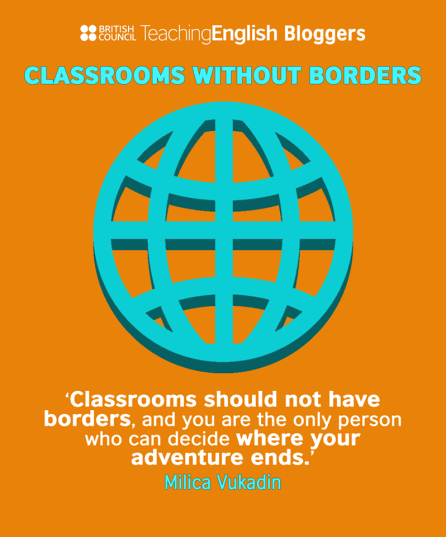
Let me know in the comments or via the contact page what do you think of this topic. Which methods and activities do you use? How can we make classrooms without borders and promote interculturalism?

Click here to explore my store where 99% of materials are forever free!
All the materials except lesson plans and 30+ page interactive activity books will be free FOREVER! Why? Because sharing is caring, and 2020 hasn’t been kind to all of us. Please consider donating so I can keep making FREE materials for everyone and keep my website open for all of you.
Don’t forget to leave a review when you download materials! It’s just a minute of your time, and it means a lot to me.
P.S. The store and the freebie library are not the same thing – the freebie library has some extra materials like conference presentations and webinar recordings which are not available in the store ✨
The subscription link for the store is below my bio in every post. ?



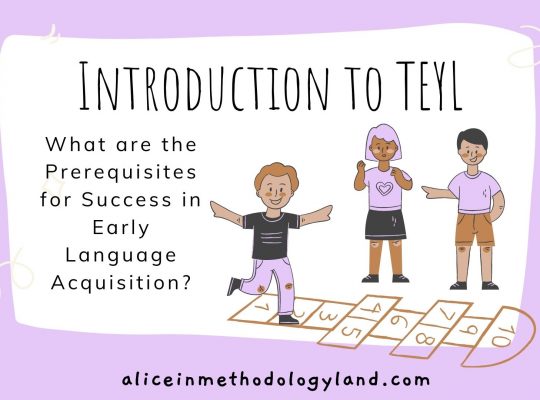
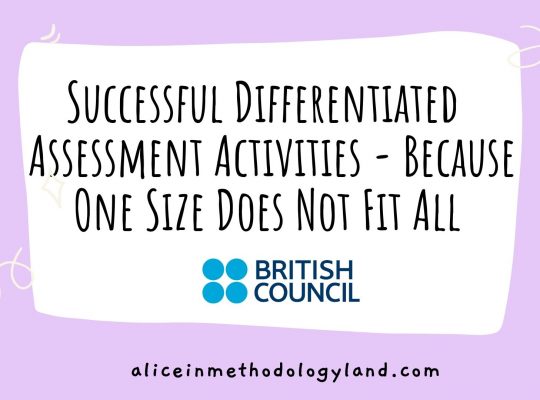
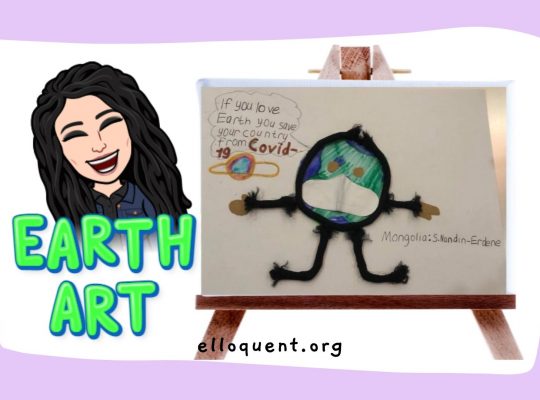
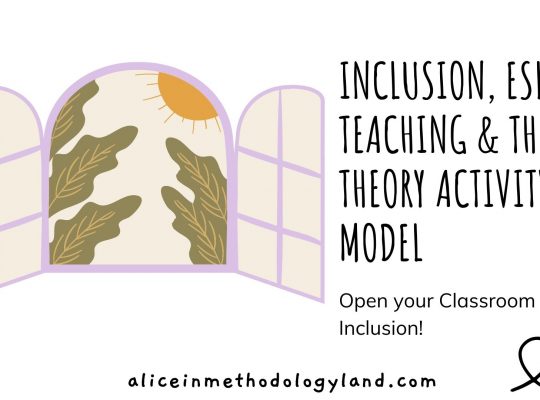
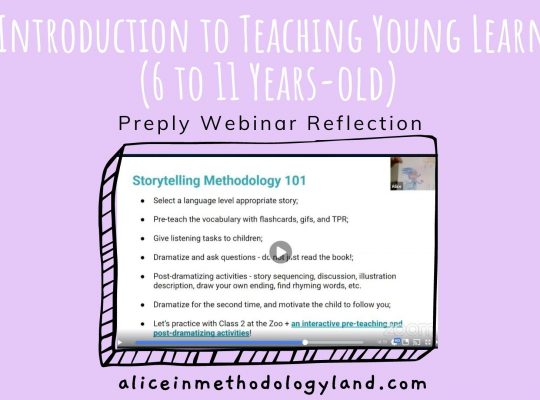
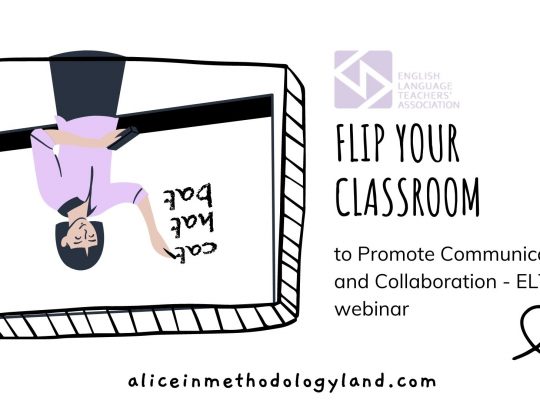
These are some great ideas, especially with the Thai night market!
Would you like to collaborate with my classroom?
I am not doing any intercultural projects at the moment, but please drop me a message in the contact page and we can collaborate in the future! :)
I hope that you won’t stop writing such interesting articles. I’m waiting for more of your content. It’s so good that i’m going follow you!
Thank you so much! I’m glad you enjoyed it :)